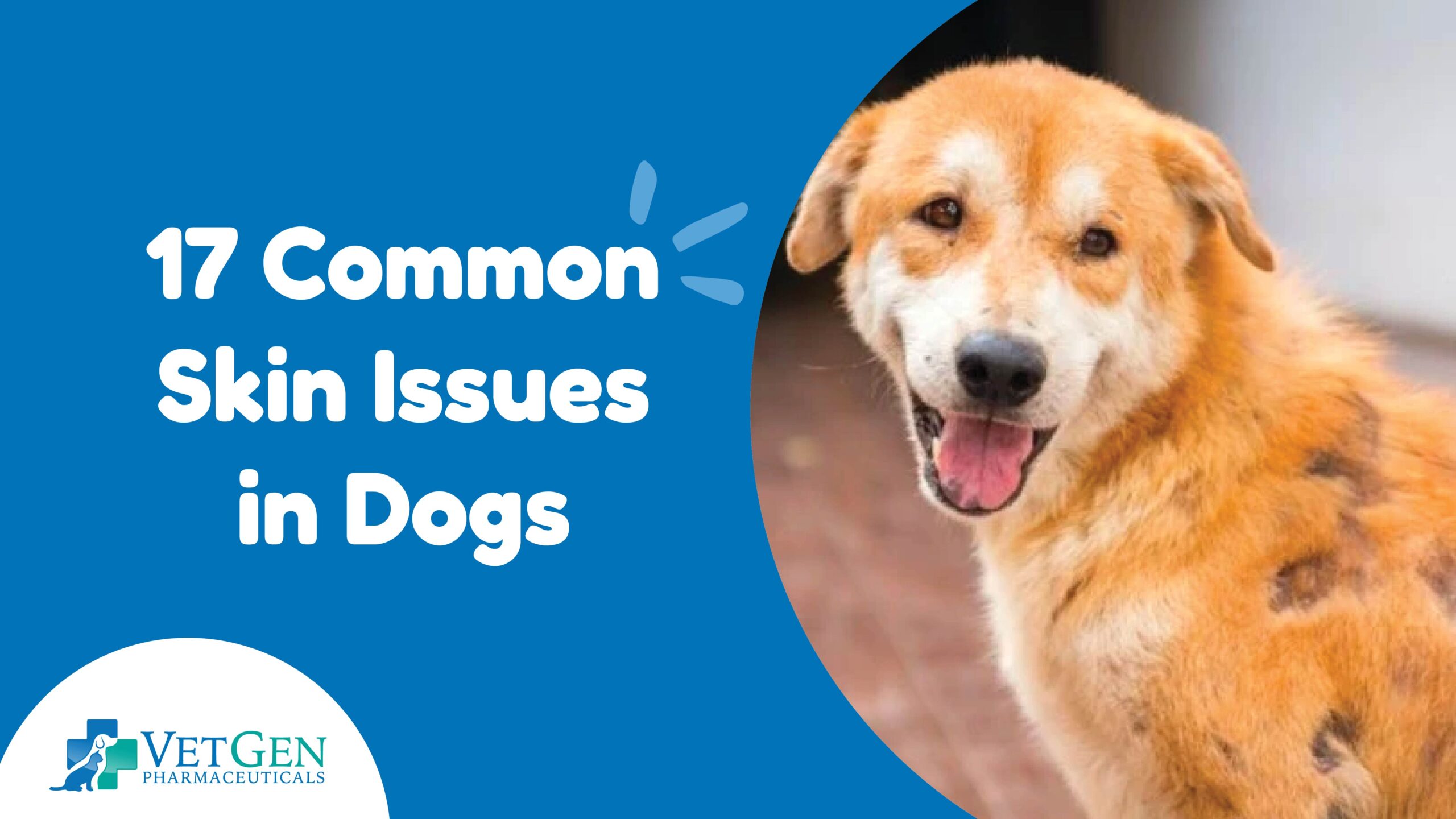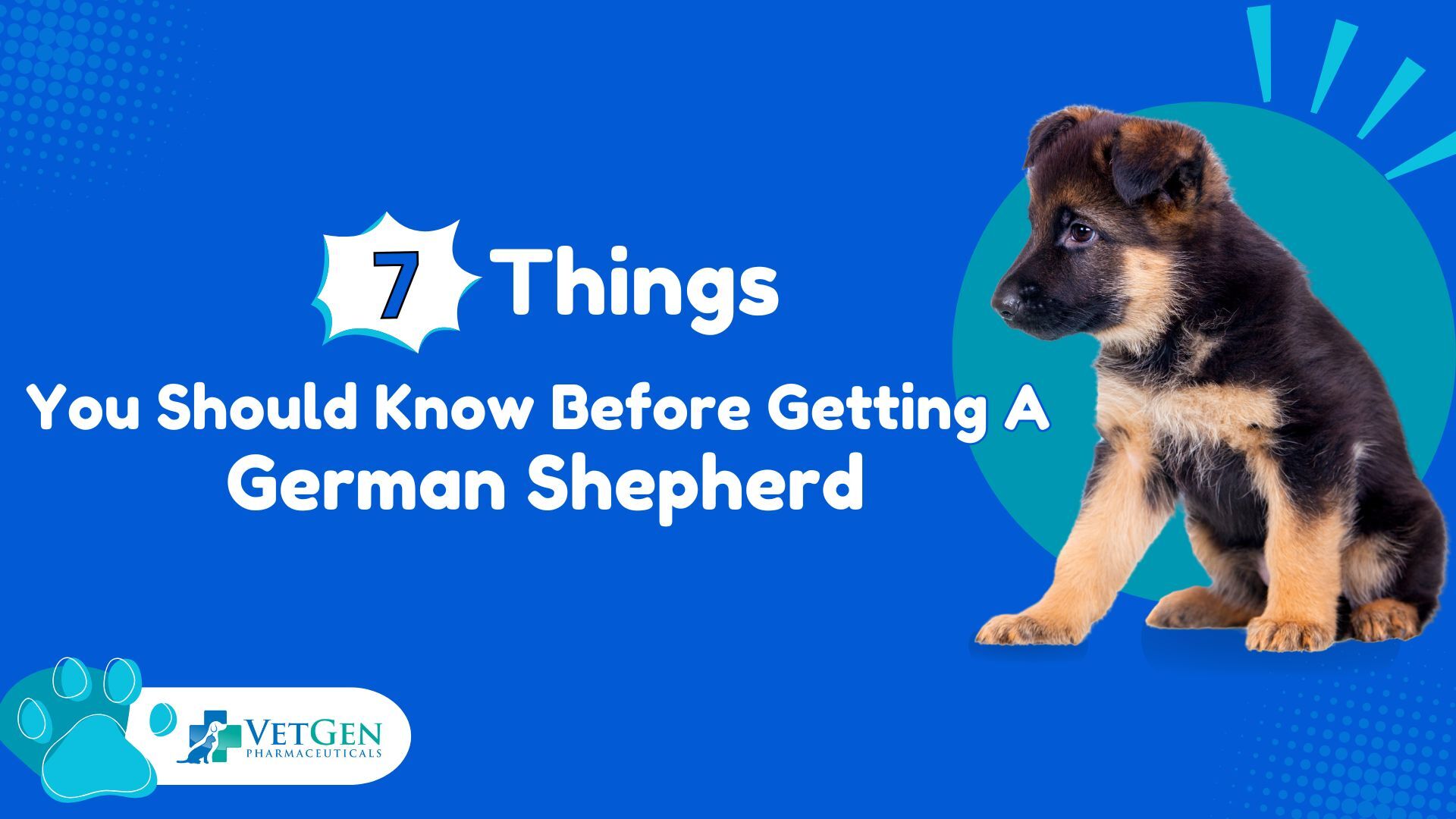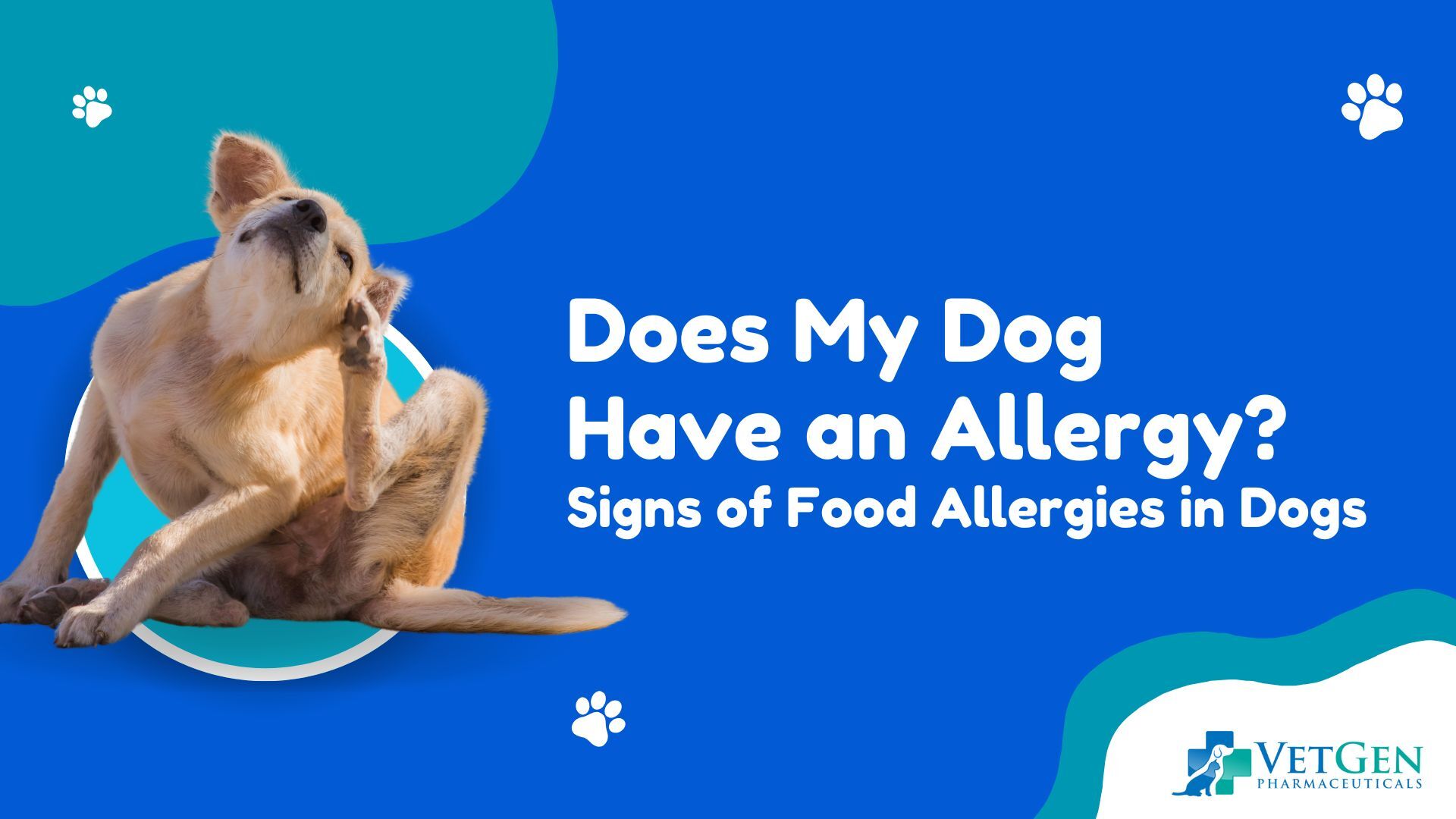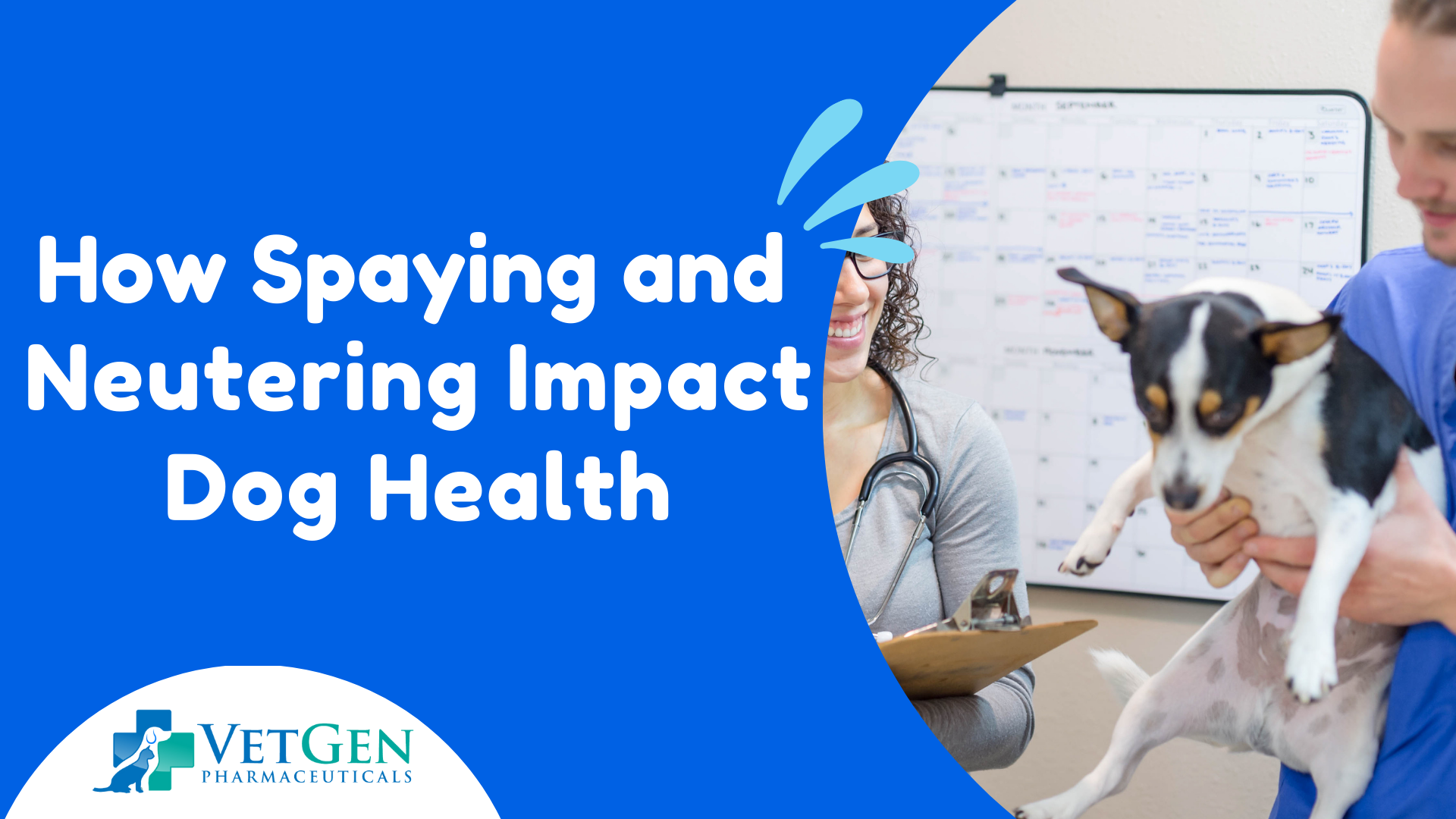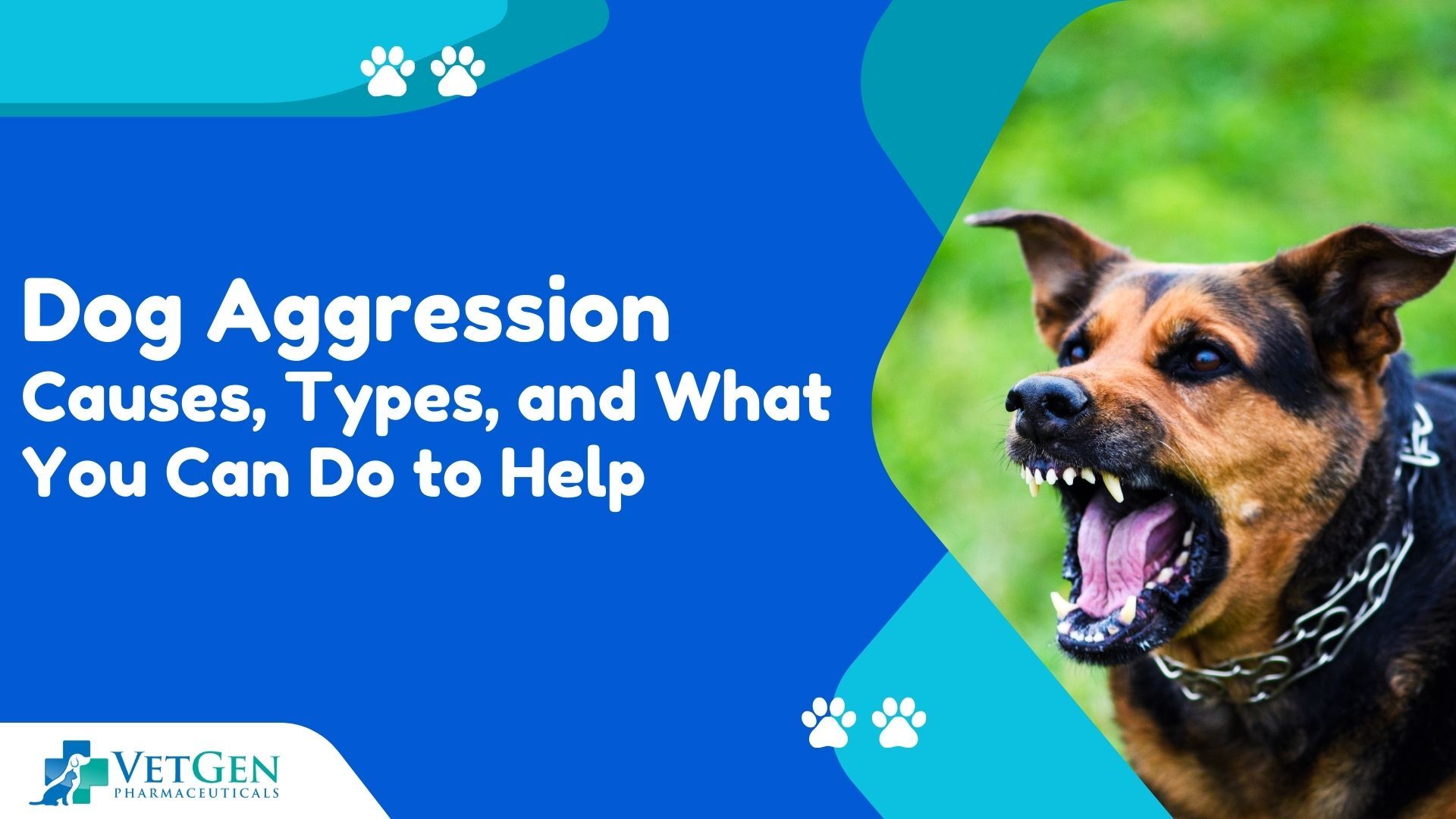Table of Contents
Don’t let skin issues get in the way of you and your dog bonding!
Intense scratching for prolonged periods can exacerbate skin issues and undermine the health of your dog’s skin and shiny coat.
Understanding the signs, underlying causes, and potential remedies are crucial for you to address the common skin issues your dog may develop.
Here are the 17 Most Common Skin Issues in Dogs:
1. Hot Spots
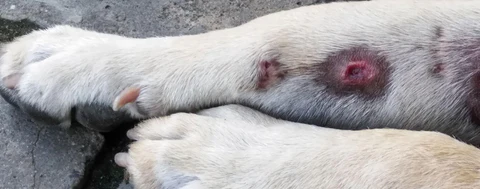
It is self-inflicted and develops after irritation and itching lead to intense licking, scratching, and biting.
The more it itches, the more your dog will scratch, resulting in sores and inflammation of the skin.
The best dog skin and coat supplement can help your furry friend recover quicker.
2. Dandruff
Dandruff is one of the many things we share in common with our furry companions.
Just like humans, dandruff can dry out your dog’s skin and under their perfect shiny coat.
Dandruff can be a result of an infection, poor diet, or the season.
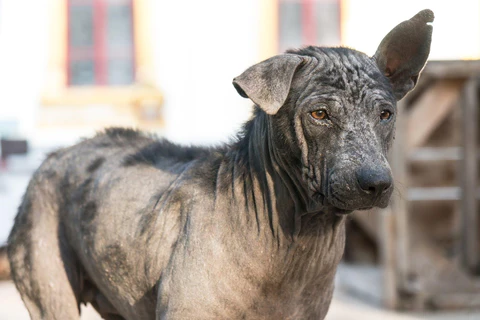
Regular baths with shampoo and a high-quality diet rich in protein, omega 3, and 6 fatty acids can eradicate dandruff.
To restore your pal’s healthy skin quickly, you can use dog supplements for dry skin.
3. Canine Atopy
Canine atopy refers to allergens inhaled by a dog like pollen, mold, and dust.
Dogs are also allergic to specific allergens, just like humans, and noticeably display this by itching their skin instead of sneezing, coughing, or watery eyes. Itching commonly occurs on the dog’s face, feet, chest, or stomach and can lead to endless licking, chewing, and intensive scratching.
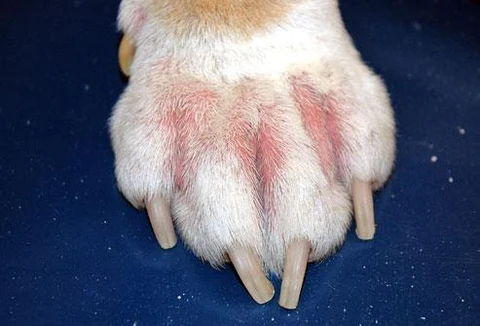
Visiting your vet is highly recommended before the scratching leads to hair loss, sores, and open wounds on the skin.
To protect your pal in the future, you have to determine whether your furry friend is allergic to common allergens like grass, pollen, or dust mites.
4. Collie's Nose
Also known as nasal solar dermatitis, collie’s nose is identified by lesions and hair around the nose, eyes, and the nose bridge due to hypersensitivity to solar radiation.
It is not restricted to Collies and also affects other dog breeds like Shetland Sheepdogs and German Shepherds with little or no pigment on their faces.
Prolonged exposure to direct sunlight leads to lesions and cracking of the skin with mild to severe irritation.
The affected areas harden into crusty scab-like spots, resulting in loss of hair.
5. Warts
Scientifically known as cutaneous papillomas, warts are hardened, light-colored bumps that occur around the dog’s lips, tongue, mouth, and eyelids.
They can also develop inside the dog’s mouth and are a common skin issue for younger dogs.
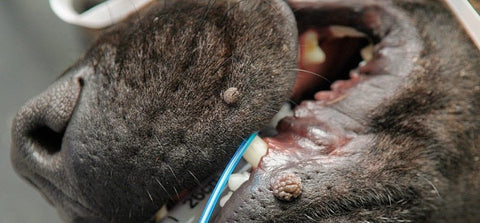
Warts are caused by a virus transmitted from an infected dog or contaminated bedding’s by direct contact.
Older dogs are less susceptible but can develop one or two warts unlike multiple warts witnessed in younger dogs.
6. Excessive Shedding
As dog owners, we are not new to the pain of excessive shedding.
Dogs shed naturally, with the intensity and frequency depending on breed, season, and so on.
Even though shedding is normal, excessive shedding that leads to drastic hair loss, bald spots, thinning, or patchiness may indicate an underlying issue.
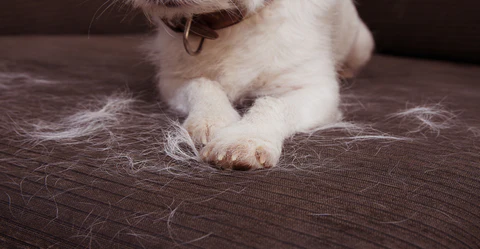
Poor nutrition, illness, stress, and dehydration are some of the underlying causes of excessive shedding.
The underlying cause should be addressed because excessive shedding can expose the skin and increase the risk of bruising, infection, or the effects of UV rays.
You can increase playtime to reduce stress and use dog supplements for dry skin to meet your dog’s nutritional needs.
7. Ringworm
The fungal infection popularly known as ringworm is one of the leading causes of skin condition in dogs.
It affects the health of the skin and coat on the affected areas.
Hair loss occurs in a circular shape and enlarges as the center of the circle begins to heal.
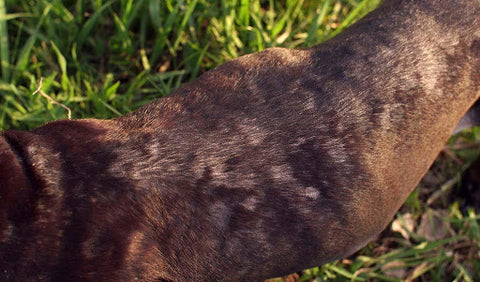
If left unattended, ringworm can sprout throughout the body leading to multiple patchy areas across your dog’s skin.
Ringworm is a common skin issue for young dogs but can also affect older dogs.
8. Alopecia
Alopecia is just hair loss due to an underlying condition, which is very common in dogs of all ages.
It normally occurs after intensive scratching and licking as a result of itchiness.
The underlying cause of the itchiness ranges from bacteria to fungal infection to parasitic infestation.
This skin condition can also be hereditary or congenital.
9. Hives
This is a common skin condition caused by an allergic reaction and manifests as round itchy bumps on the skin that appear quickly after exposure to allergens.
It affects humans, dogs, and other animals but it is very common among dogs and can occur at least once in their lifetime. The bumps can cause rough patches on your dog’s coat as hairs stick out over bumpy spots. This condition can also lead to swelling of the eyelids.
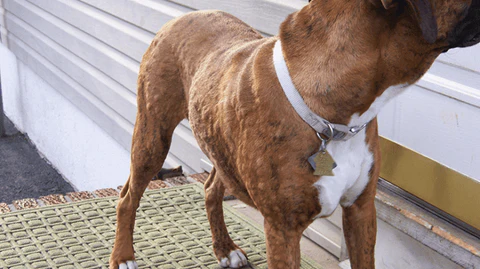
10. Mange
Mange is a skin infection caused by a mite infestation. Microscopic mites can burrow your dog’s skin, leading to itchiness.
Intense scratching to address the itch can lead to hair loss, inflammation, sores, and open wounds.
You can eradicate mites using a recommended anti-parasitic wash and use the best dog supplement for coat and skin to restore your pal’s shiny coat.
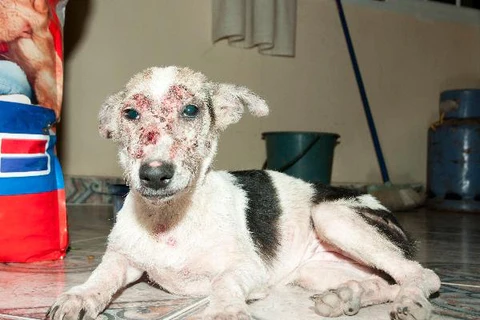
11. Lupus
If your pal develops crusty sores on the skin that never seem to heal, you may need to see your vet and rule out lupus.
This is an autoimmune disease that can lead to open sores on the nose, eyes, and paws.
Lupus is very serious since the body’s immune system attacks its own cells.
Include quality foods rich in proteins, vitamins, and essential minerals to boost immunity.
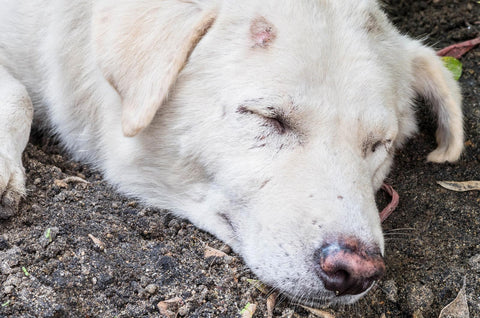
12. Gilding Syndrome
This skin condition leads to discoloration of primary hairs on the back and thinning of secondary hairs.
Gilding syndrome is usually a temporary skin condition and can last for around two years.
Even though Miniature Schnauzers are more susceptible to this condition, it can also affect other breeds of dogs.
13. Yeast Infections
Warm and moist areas tucked away where direct sunlight can’t reach provides the perfect condition for yeast infections.
Your dog’s groin, in-between toes, ear canal, and so on are susceptible to yeast infections.
It can discolor the skin and itchiness leading to intensive scratching and biting, which can undermine your pal’s shiny coat.
The unpleasant smell can also interfere with your bonding.
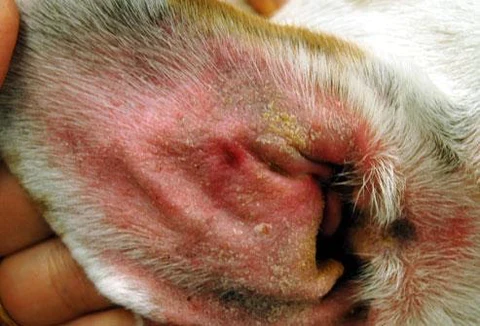
14. Impetigo
Impetigo is a skin condition that affects puppies and manifests as blisters on the stomach.
A visit to the vet is recommended since it can be as a result of an underlying skin condition.
Impetigo lesions should be disinfected or treated with antibiotics to deter expansion once they burst and scab.
The best dog skin supplements can promote moisturized skin and provide long-term protection.
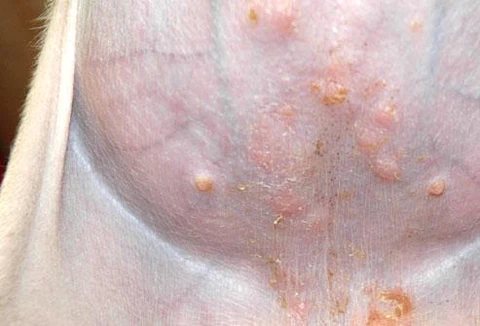
15. Food-Related Allergies
Food allergies in dogs can lead to itching and endless scratching on the face, feet, ears, and anus.
To protect your dog’s health and skin, you can visit the vet to commence the elimination process used to rule out suspected allergens.
You can also boost the resilience of your pal’s skin with the best dog supplements for dry skin.
16. Folliculitis
This is an opportunistic skin condition that takes advantage of weaknesses exposed by another skin problem.
It is the inflammation of hair follicles and mostly occurs after an allergic reaction or a skin condition like mange.
Sores, bumps, and scabs appear on the dog’s skin as the hair follicles become infected.
You’ll have to address the underlying skin condition first for you to protect your pal’s skin and coat from folliculitis.
For quick healing and regrowth, you can rely on dog skin and coat supplements.
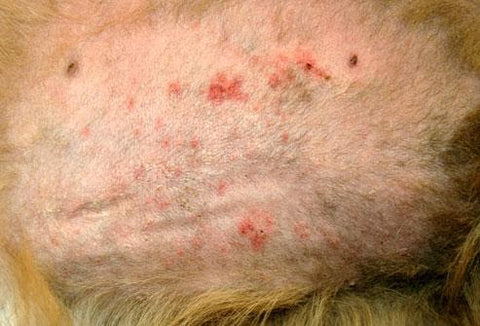
17. Seborrhea
This is a skin disorder that causes a dog’s skin to produce excessive oil and become greasy.
It can also lead to the development of scales in the form of dandruff.
Seborrhea can be genetic or develop as a result of an allergic reaction, hormonal abnormalities, and other medical problems.
At VetGen Pharmaceuticals, we are dedicated and focused on enhancing the quality of your dog’s life to ensure your dog maintains an active lifestyle so you can enjoy each other’s company for many years to come! To this end, we offer the best dog supplements for dry skin and natural joint supplements for dogs. Each product offered by VetGen Pharmaceuticals is made from the best and safest ingredients. We sincerely hope you enjoyed this article and encourage you to reach out if you have any questions about our supplements!


